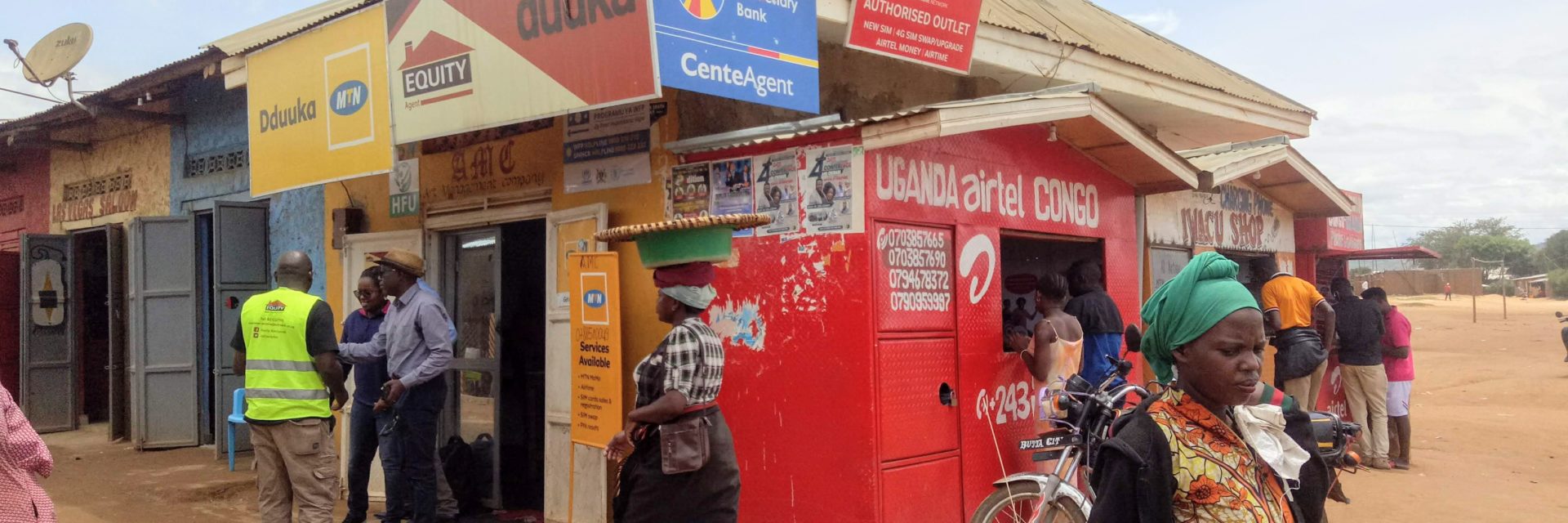This report commissioned by FSD Uganda and FSD Africa provides an in-depth analysis of a quantitative survey undertaken in January 2020 with a sample of refugees and their host communities in the settlements of Nakivale, Bidibidi, Palorinya and in the capital, Kampala. The aim of this study, which is one of the few in-depth surveys dealing specifically with detailed information about the income, expenses, and financial management of refugees in Uganda, also compares their current status with their lives prior to leaving their countries of origin and their journeys to Uganda.
The report provides insights on the financial lives of refugees and how best to leverage what they have brought with them, what they have gained and what they need next to lead successful and independent lives.
Key insights include:
- Livelihood assets are key for settling down: The livelihoods refugees create from the human capital they bring from their home countries determines how they settle down.
- Access to financial services is still limited: In addition to the everyday risks that refugees experience, they also face challenges from service providers. The most significant example which currently exists is the unexpected de-registration of their mobile money wallets. There have been instances of fake identity documents presented at the points of registration and financial service providers are now concerned that this does not allow them to undertake a valid KYC process. SIM cards have been shut off with refugees losing money in the process.
- Employment patterns: There has also been a noticeable shift from regular employment to self-employment. In their countries of origin, only 32% of refugees were self-employed, compared with 52% who are now supporting themselves by running small independent businesses.
- Spending habits: The most expensive purchase that refugees have to make is charcoal, which most of them buy daily and on which they spend an average of 40,000 UGX every month.


